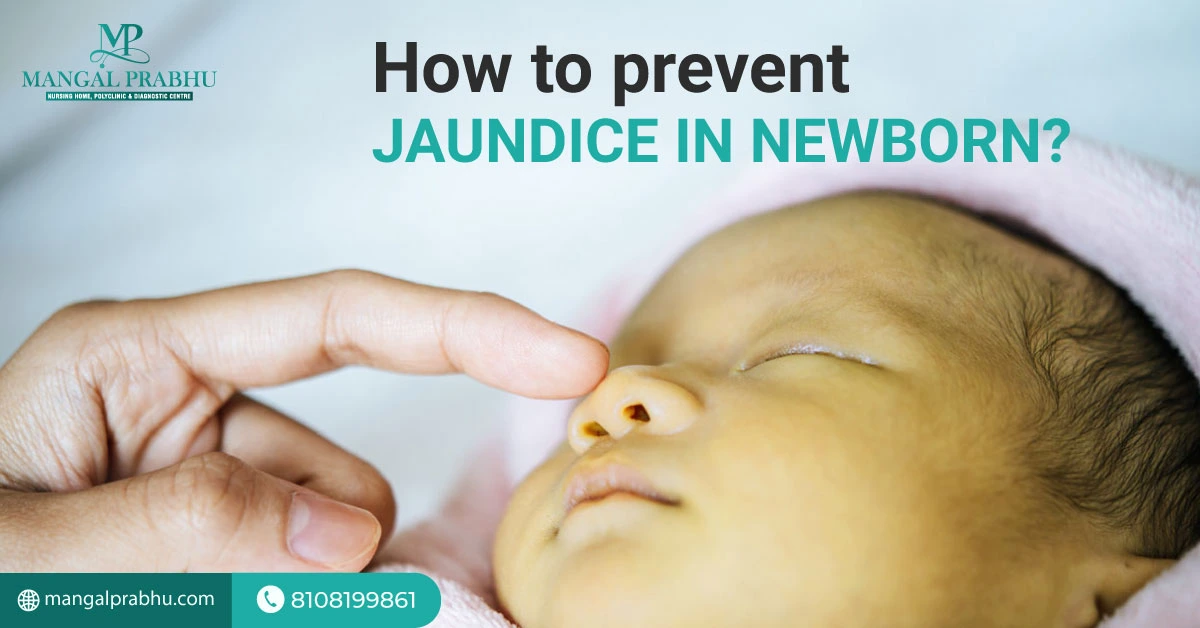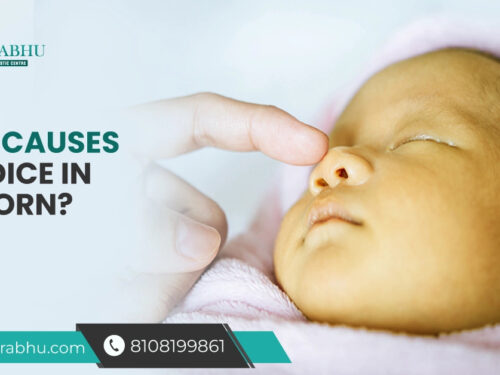
Welcoming a new human into the world might be the most exciting yet overwhelming moment for parents. Caring for your little bundle of joy requires patience and dedication. A common issue that makes parents worry is newborn jaundice. It’s a medical condition that turns the whites of the eye and the skin yellow due to the high amount of bilirubin in the bloodstream.
It’s quite common in pre-term babies and is often manageable. In some cases, you may need neonatal jaundice treatment in Navi Mumbai. In this post, we’ll explain early signs of jaundice, how to protect your newborns, and when medical attention is necessary. Keep reading.
Understanding Jaundice
Neonatal jaundice occurs when the baby’s immature liver doesn’t filter excess bilirubin in the blood efficiently. Bilirubin is a waste product of red blood cells. Normally, bilirubin is released into a person’s intestinal tract, from where it’s excreted through urine and stools. That’s, however, not the case with newborns.
Their red blood cells break down faster than those of adults, causing excessive bilirubin levels. This, combined with their liver’s inability to process this yellow pigment effectively, makes them more prone to jaundice than adults. The good news is that, in most cases, newborn jaundice isn’t a cause for concern. It resolves within a few days without treatment. Rarely, an extreme amount of bilirubin in blood can lead to brain damage.
Early Detection
If your baby has jaundice, you must monitor their symptoms and call a pediatrician in Navi Mumbai if they persist or worsen. Here are the common symptoms of newborn jaundice:
- Yellowing of the eyes and the skin
- Dark urine
- Drowsiness or difficulty waking up
- Not feeding well
To know if your baby has jaundice, slightly press their skin. If it changes its color to yellow, it might indicate an excess bilirubin. Pre-term babies are at an increased risk, as their bodies might not adjust to the outside world as well as that of a term baby. Besides, they may have difficulty feeding, affecting their urine and bowel output. This, in turn, leads to less bilirubin removed from their body.
Preventative Measures
Here are some preventive measures that can protect your newborn from jaundice.
i) Regular Feeding:
In the first few weeks, infants must be fed 8-12 times daily. Formula-fed babies must also be fed every 2-3 hours, depending on how often they demand it. Babies who are dehydrated or do not get sufficient nutrients from breast milk can develop jaundice.
ii) Breastfeed:
Breastmilk, especially colostrum (the first milk), is a rich source of nutrients that help a baby’s growth. It also acts as a natural laxative, which helps in excretion. If your baby gets enough colostrum, they are less likely to have jaundice.
iii) Sunlight Exposure:
Sunlight helps break down excess bilirubin in the baby’s skin. So, aim to give your baby indirect sunlight. That said, phototherapy is a more practical alternative.
Medical Interventions
If the baby’s bilirubin level rises above 15 mg/dL and is accompanied by poor feeding and lethargy, take them to a pediatrician immediately. They will recommend phototherapy or blood transfusion in severe cases. Make sure timely treatment can save your baby from complications like brain damage.

